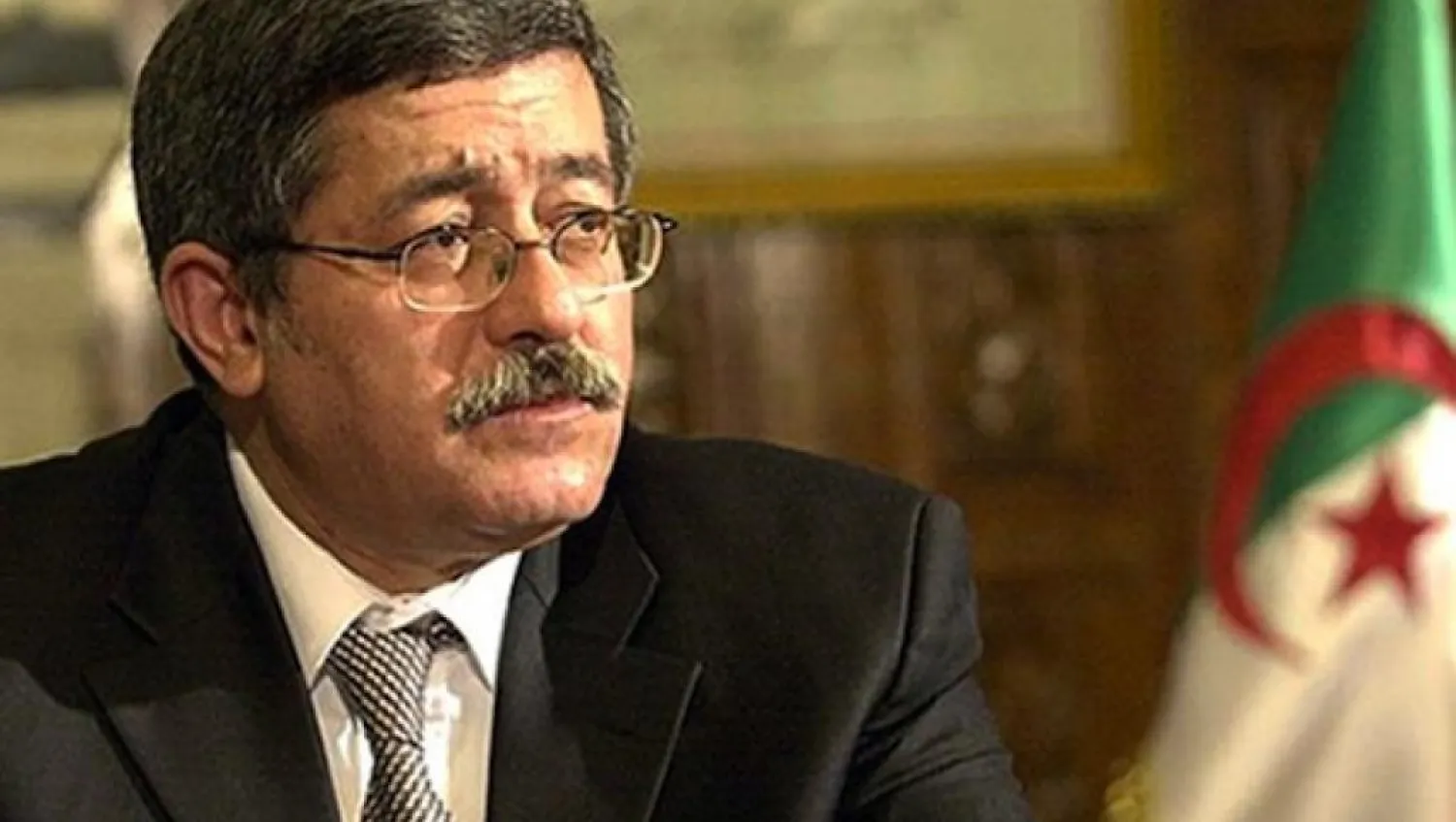Algerian Prime Minister Ahmed Ouyahia has told the parliament that the draft state budget for 2018 would include for the first time a wealth tax as part of measures aimed at securing new sources of finance after a sharp fall in energy earnings.
State finances of the OPEC member North African nation have been significantly hit after a more than 50 percent drop in oil and gas revenue.
Oil and gas account for 60 percent of the state budget and 95 percent of total exports.
Algeria’s presidency named Ahmed Ouyahia as prime minister in August. He is known to be experienced in implementing austerity measures recommended by the International Monetary Fund since the 1990s.
According to Reuters, Ouyahia said on Wednesday that the implementation of the wealth tax from early 2018 would affect about 10 percent of the country's 41 million people.
"This tax will not concern 90 percent of Algerians," he told parliament.
In June, the IMF welcomed the Algerian authorities’ commitment to pursue sustained fiscal consolidation.
In its country report, the IMF said that the 2017 budget raised Value Added Tax rates in addition to increasing taxes on tobacco and a range of luxury goods.
The government also initiated subsidy reform in 2016 by increasing the prices of fuel, natural gas, and electricity for the first time since 2005. The 2017 budget law raised fuel prices further, according to the report.









